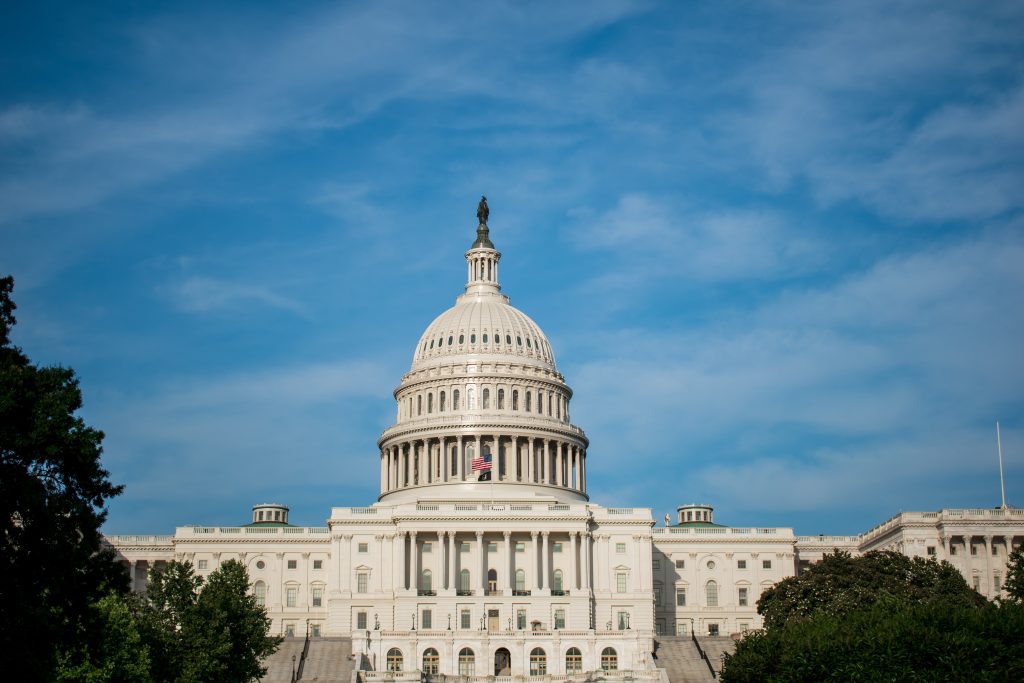Analysis

December 7, 2023
Carbon border tax proposed in revival of Clean Competition Act
Written by Becca Moczygemba
On Dec. 6, US Senator Sheldon Whitehouse (D-RI) reintroduced the Clean Competition Act, an environmental trade directive that would impose charges on imports from more carbon-intensive manufacturers.
“There is bipartisan momentum for a carbon border adjustment in the Senate – this is a solution endorsed by industry and experts across the political spectrum,” Whitehouse said in an online statement.
The legislation, originally proposed on June 8, 2022, is meant to enable more American companies to better compete against other countries.
According to the senator’s website, “The Clean Competition Act would impose a carbon border adjustment on energy-intensive imports while incentivizing decarbonization of domestic manufacturing.”
The adjustment would apply to energy-intensive industries such as iron and steel, aluminum, hydrogen, fossil fuels, and fertilizer. Plans for a few years down the road would expand the act to include imported finished goods that meet certain weight or value thresholds.
The full text of the Clean Competition Act is here.
The discussion of carbon tariffs is an ongoing conversation. Recall the Steel Manufacturers Association (SMA) and the American Iron and Steel Institute (AISI) are also participating in initiatives concerning carbon emissions.
AISI’s reaction
“As the American steel industry leads the world in low-carbon steel production, a carbon tariff approach will help level the playing field for American steel producers,” said AISI President and CEO Kevin Dempsey in an email to SMU.
He added that the bill would ensure that domestic industry investments in cleaner production processes are not undercut by high-carbon-emitting steel made overseas.
“AISI strongly opposes the Clean Competition Act’s proposed tax on domestic carbon emissions, however,” Dempsey noted. He said the provision would penalize domestic producers who are making great strides towards decarbonization. Additionally, it would deprive US steel producers of the capital necessary to proceed with investments for domestic decarbonization and innovation.
SMA’s reaction
“By creating a low carbon checkpoint for the American marketplace that requires foreign steel producers to meet the low carbon intensity levels of our domestic producers, the bill will incentivize global production away from the high carbon production of traditional extractive steelmaking,” said the SMA in an email to SMU.
The SMA is pleased to see the introduction of the bill. However, it is firmly opposed to the imposition of new taxes on domestic steel production.






